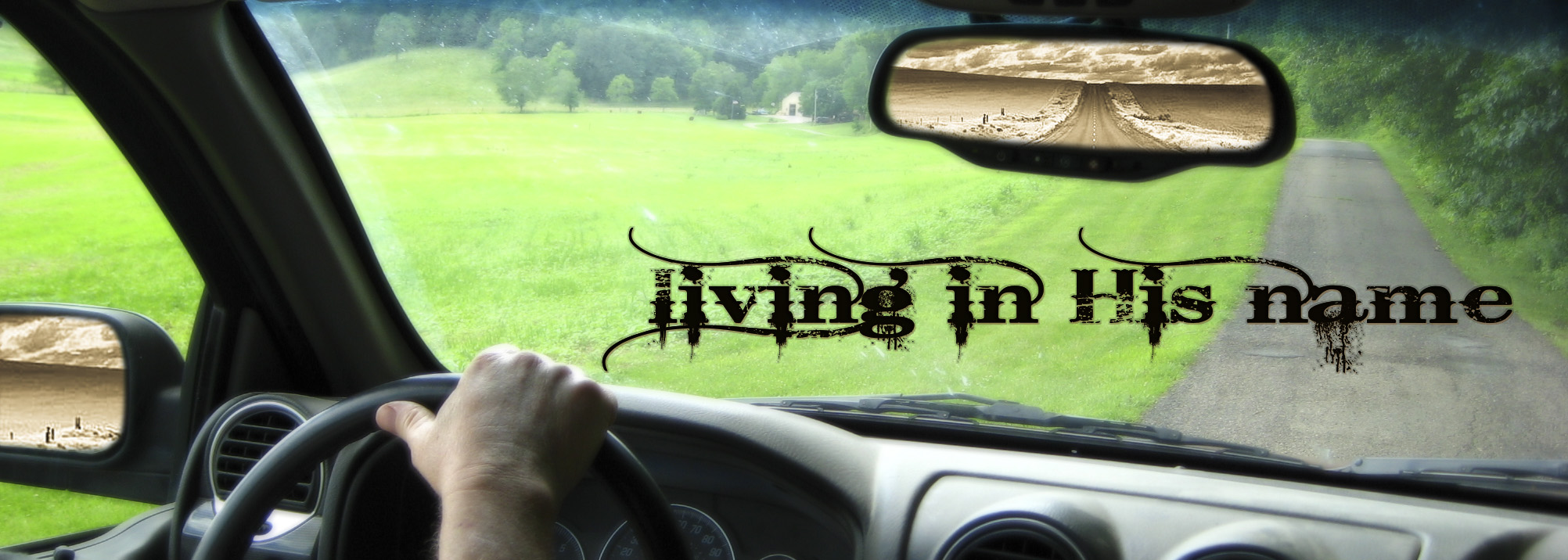A friend of mine won the West coast 500 Pro Class Motocross many years ago so he seemed like a good candidate for a deeper discussion of faith and risk. In our discussion of the topic at hand, along with all the other racing strategies, the one which intrigued me the most was his use of the term, “controlled crash”. He won by pushing everything to the absolute edge – once he was on the track, everything – every curve, every shift, every jump, every slide – from start to finish, it was all a controlled crash, always on the edge of winning it all or losing it all. He was never damped by the possibility of failure, he said that an over focus on the “failure potential” skews our risk assessment. Even though quite a few years have gone by, he still lives life in a controlled crash, the only difference is that his maturity and experience have highly influenced his risk assessment, therefore he has a greater degree of success in all he does. That was important i think, here it is again: maturity and experience highly influence our risk assessment….or at least it should.
Now i suppose it would be easy to think the phrase, “controlled crash” was an oxymoron – or that it is a self-contradictory phrase, like saying something was a “cruel kindness”, but here’s what is meant by “controlled crash”: when something slips out of our initial plan, it speaks of the action taken to minimize the damage. Like when riding a horse at a full gallop and somehow your feet come out of the stirrups. You knew it was possible that this could occur, but in order to have a little control over the potential catastrophe which could easily follow, you already thought about what to do next. We see bull riders who do it all the time. They know the risk is high that they will get thrown off, but in the moment they are becoming dislodged, they are keeping their cool and thinking, not about the failure to make the ride to the buzzer, but about how to best dismount with as little damage as possible.
Acts 27:15 says, “And when the ship was caught, and could not bear up into the wind, we let her drive.” It was a “controlled crash” meaning they couldn’t get out of the storm, it was all out of control, so they picked a course of action that might minimize any potential damage, so they went with the wind, and “let her drive.” A “controlled crash” takes into account that it’s possible things will not go as planned and takes some control over what to do next.
Gambling addicts bet the house, but rarely have a back up plan in case they lose it all, whereas a good stock investor may risk a great deal on an investment, but almost always has an exit plan. Becoming part of a limited liability corporation is a risk, but the smart business man always has a larger, more detailed exit plan than the entry plan. Is your life just a crash waiting to happen with no strategy in the event things don’t go as initially planned, or is it a controlled crash where you’ve made a contingency plan built of “if this, then that”? Excerpt from “Outposts 100”.
